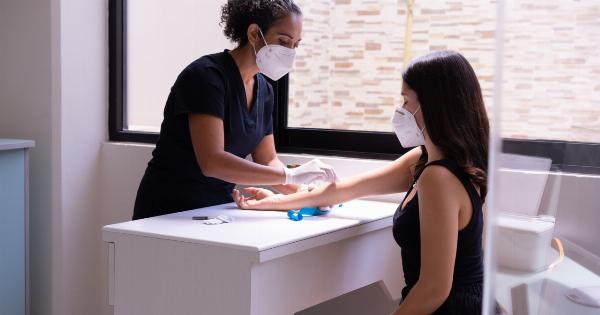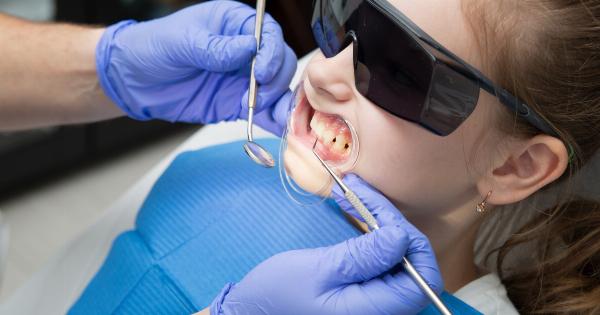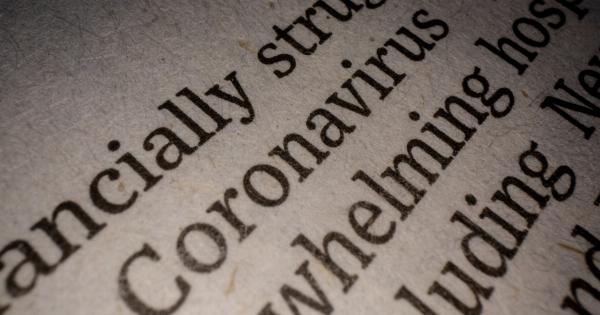Juvenile delinquency is a pressing issue that affects societies around the world. It refers to the illegal or antisocial behavior of individuals who are minors, typically under the age of 18.
The consequences of juvenile delinquency can be far-reaching, not only impacting the lives of the young offenders but also having a negative impact on their families, communities, and the overall social fabric. However, there are various strategies and interventions that can effectively address and remedy juvenile delinquency, aiming to prevent further delinquent acts and help juveniles integrate into society as responsible individuals.
Educational Reforms
One of the key approaches in remedying juvenile delinquency is through educational reforms.
Investing in quality education that provides opportunities for all children, regardless of their socio-economic background, can significantly reduce the risk of delinquency. By offering an inclusive and engaging learning environment, schools can provide a sense of belonging and purpose to young individuals, fostering personal growth and morality.
Family and Community Support
Strong family and community support systems play a vital role in combating juvenile delinquency.
When children grow up in a stable and nurturing environment that prioritizes their emotional and physical well-being, they are less likely to engage in delinquent activities. Building constructive relationships between parents, guardians, and their children creates a support network that promotes positive behavioral development and keeps juveniles away from criminal activities.
Mentoring Programs
Mentoring programs have proven to be highly effective in addressing the needs of struggling youth. These programs pair young individuals with responsible and caring adult mentors who provide guidance, support, and positive role modeling.
By establishing meaningful relationships and offering assistance in various aspects of life, such programs empower juveniles to make positive choices and navigate away from delinquency.
Restorative Justice
The traditional punitive approach to juvenile delinquency has often been criticized for its limited effectiveness in rehabilitating young offenders.
Restorative justice, on the other hand, focuses on repairing the harm caused by the delinquent act and promoting personal growth and responsibility. By involving both the victims and offenders in a dialogue and setting achievable goals for the latter, restorative justice programs aim to understand the underlying motivations behind delinquency and address them to prevent future criminal behavior.
Diversion Programs
Diversion programs aim to divert juveniles away from the criminal justice system and instead provide them with community-based alternatives to detention and incarceration.
These programs offer a range of services, including counseling, educational support, vocational training, and community service, to address the root causes of delinquency. By providing positive alternatives and helping juveniles develop essential life skills, diversion programs can have a transformative impact on their lives.
Substance Abuse Treatment
Substance abuse is often an underlying factor in juvenile delinquency. Addressing substance abuse issues through comprehensive treatment programs is essential in remedying delinquent behavior.
By providing proper assessment, individualized treatment plans, counseling, and support groups, these programs assist juveniles in overcoming addiction and equipping them with the tools they need to make healthier choices.
Employment Opportunities
Lack of employment opportunities can contribute to the likelihood of juveniles engaging in criminal activities.
By creating vocational training programs, job placement initiatives, and apprenticeship opportunities, communities can provide juveniles with meaningful employment options. Access to stable employment not only offers financial stability but also promotes a sense of purpose, self-worth, and a positive direction in life, reducing the risk of delinquency.
Community Outreach and Engagement
Active community outreach and engagement are crucial in fostering a sense of responsibility and belonging among juveniles.
By organizing recreational activities, cultural events, and sports programs, communities can create safe spaces for young individuals to socialize, learn essential life skills, and build positive relationships. When communities collectively invest in the well-being of their youth, it significantly reduces the likelihood of them turning to delinquent behaviors.
Preventive Education Programs
Early prevention is key in addressing juvenile delinquency. Preventive education programs can be implemented in schools and communities to raise awareness about the risks and consequences of delinquency.
These programs aim to equip children with problem-solving skills, emotional intelligence, conflict resolution strategies, and critical thinking abilities. By empowering individuals at an early age, preventive education programs act as a deterrent against delinquent behavior.
Conclusion
Addressing and remedying juvenile delinquency requires a multi-faceted approach that involves educational reforms, strong family and community support, mentoring programs, restorative justice, diversion programs, substance abuse treatment, employment opportunities, community outreach, and preventive education. By implementing these strategies, societies can provide young individuals with the necessary tools and support to overcome challenges, make positive choices, and lead fulfilling lives as responsible members of society.






























